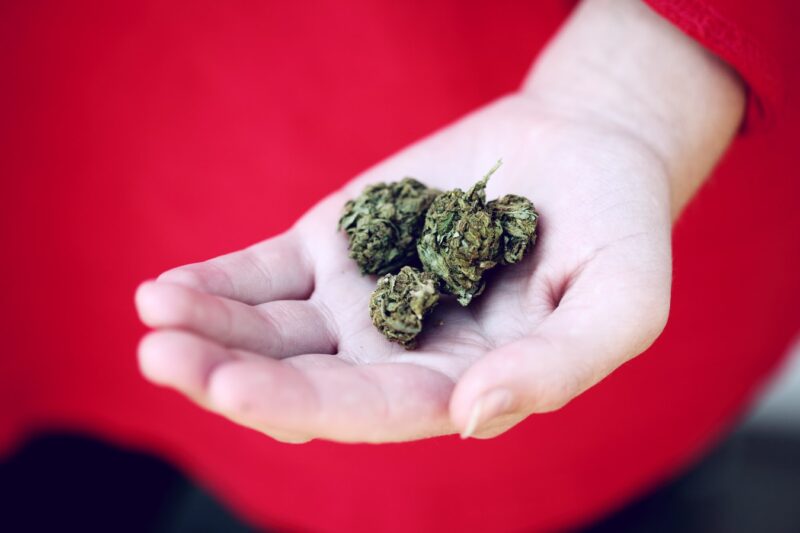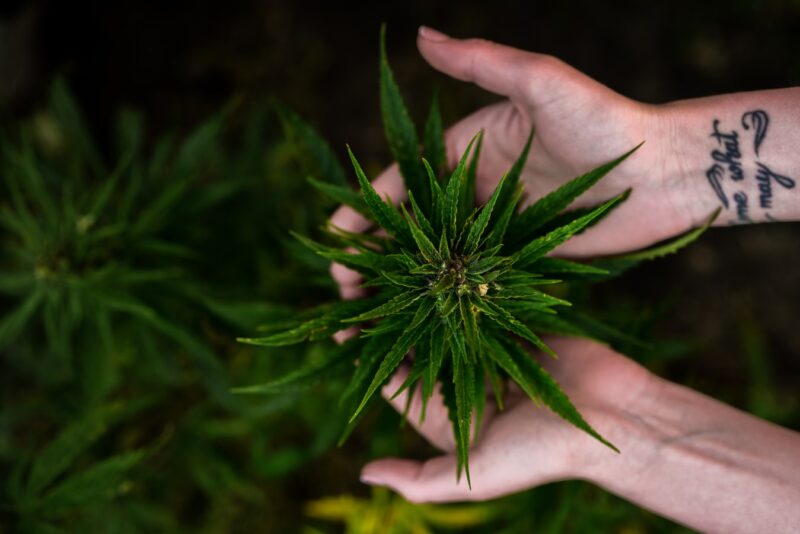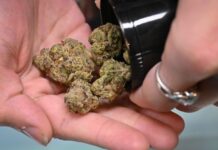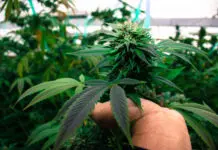Criminal offenses tend to be grouped into one of two categories; either violent or non-violent.
Generally speaking, non-violent offenses tend to involve lighter sentences. However, the exception to this is that drug charges carry harsh penalties.
According to The Rodriguez Law Group, for a seemingly minor drug crime, you may be shocked by the sentence you get. You may receive a fine, community service, probation, or even jail/prison time for serious wrongdoings.
Within drug crimes, there are three main types of offenses that you might commit. These are each treated slightly differently and will depend on the circumstances of your arrest.
To help you understand what to expect, we’ll take a look at the three main types of drug charges below.
Possession

Minor charges often involve the possession of an illegal substance.
This generally means that you’ve been caught with an unlawful quantity of an illegal substances. Having any amount of a fully illegal one like cocaine or methamphetamine is enough for an arrest.
On the other hand, it’s important to note that you can also get charged for possession if you have too much of a legalized substance. This is because carrying an abundance of any substance indicates an intent to distribute.
If this is the case, then you can be charged with possession with intent to distribute. In other words, law enforcement is assuming that you plan to sell or give the drugs away to other people.
Where this tends to pop up often is with marijuana. In legalized states, you can carry an ounce (28 grams) or less of marijuana buds, but anything above that is enough to get you charged with intent to distribute.
Considering this, the possession of an illegal substance simply means you were caught with it on your person or it was found in your property.
Dealing/Trafficking

With excessive quantities of a drug or if caught selling it, you can be charged with dealing or trafficking in large scale operations.
This goes beyond possession with intent to distribute, although the two are often charged simultaneously. Possession with intent to distribute simply means you have an unlawful amount of a drug, but that does not make you guilty of selling it.
If you are caught in the act of selling drugs, then you will be charged with drug dealing or trafficking. Dealing and trafficking are similar as they both involve selling illegal substances, but they mostly differ in scale.
Generally, dealing it involves a smaller amount of opiates. The financial value of the transaction that led to an arrest will range anywhere from a few dollars to multiple thousands.
Taking things a step further, trafficking involves transactions that are worth several thousand dollars. This entails a large volume of drugs and is typically part of a several-member operation.
If arrested as part of a gang or crew, then trafficking is likely the charge. On the other hand, working solo is likely to land you a drug-dealing charge.
Two exceptions to this include the quantity and type of substance. An excessive amount of any drug will almost always escalate your charge to trafficking and some harder substances automatically illicit trafficking charge.
With this in mind, dealing/trafficking refers to the sale of opiates. The distinction is based on the nature of the sale, how much opiates are involved, and the type of substance.
Manufacturing

You can also be charged with the manufacturing of an illegal substance.
If you are charged with manufacturing a drug, this means that you created it. This can involve being arrested with illegal substances at any stage of their procurement process.
A gold example of this is marijuana in illegal states. If you are caught with growing paraphernalia like lamps and marijuana plants of any age, then this is proof of manufacturing an illegal substance.
On the other hand, you can be charged with manufacturing with a finished product. If law enforcement can prove that you created the drug at some point, you will be responsible for its creation.
One last aspect of manufacturing is contributing to the manufacturing of a drug. For something like methamphetamine, collecting over-the-counter medications needed to create it would be used for a substance manufacturing charge.
This means that drug manufacturing charges require you to be in some way involved with the creation of opiates.
Sentencing Varies By Drug

While drug charges tend to fall into one of the three categories below, your sentence length will vary depending on the illegal substances in question.
All illegal drugs are prohibited and will result in legal consequences if you are caught or associated with them. That said, some substances are more problematic than others.
In particular, some opiates are specifically classified as more harmful than others. This is determined by the Drug Enforcement Agency’s (DEA) drug scheduling list, which ranks illegal substances on a scale from 1-5.
The drug schedule is based on the chance of a substance being abused and whether it offers any medical benefits.
Schedule one substances pose the highest risk of abuse and the fewest benefits. Schedule five drugs have the lowest risk of abuse and often provide medicinal benefits.
Using this information, the severity of your charge depends on where your substance falls on the DEA’s substance schedule.
Schedule one drugs like heroin, ecstasy, and LSD often result in the harshest penalties while schedule five substances like cough syrup result in fairly minor charges.
Closing Thoughts

One of the most common types of non-violent crimes involves drugs. Whether it’s for personal use or sale, many of them are illegal and will result in legal action if caught with them.
Drug charges tend to fall into one of three categories. This includes the possession of an illegal substance, dealing/trafficking, and the manufacturing. Remember that the severity of the charges depends on where the substance falls on the drug schedule list.
Using or selling it, is harmful to your health and will always require evasion of the law. It’s simply not worth it and you will get caught eventually. The ramifications of drug charges are never worth the high or money, so consider how your actions will affect your future.












